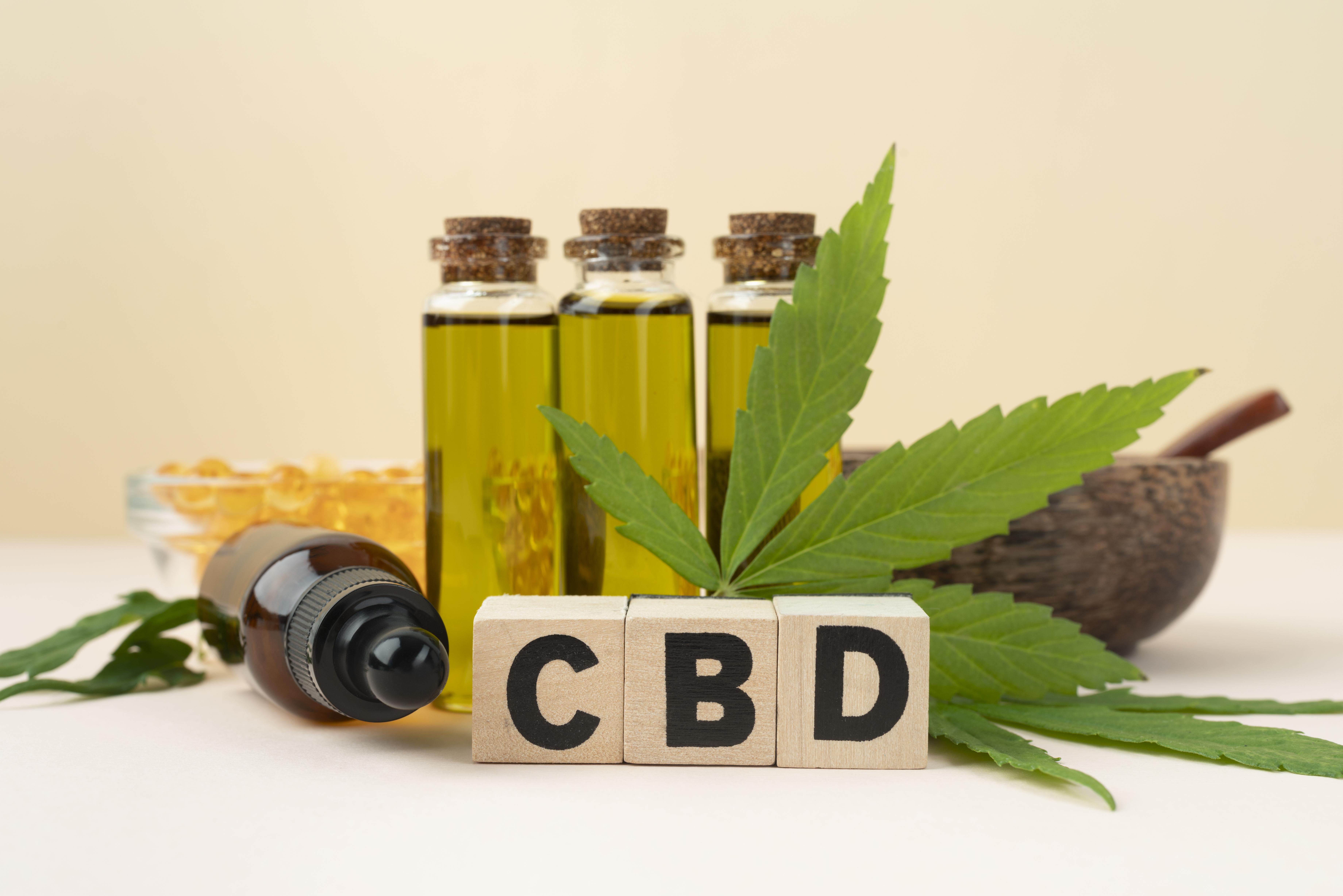The CBD industry continues to grow, but 2025 isn’t making life any easier for merchants. Even though hemp-derived CBD with less than 0.3% THC is federally legal, many states are tightening their rules, and payment processors still see CBD merchants as “high-risk.”
For business owners, this means stricter compliance requirements, higher fees, and more hurdles to obtain credit card processing approval. Let’s break down the biggest challenges CBD businesses face this year and how to keep payments flowing without disruptions.
Why CBD Payment Processing is Still Complicated in 2025

Even though selling CBD products is legal under federal law, banks and processors continue to treat the industry with caution. Here’s why:
- Classified as high-risk: CBD is grouped with industries like vape and cannabis related businesses, where regulations are constantly changing. This leads to more scrutiny, higher processing costs, and fewer processor options.
- Compliance pressure: Visa and Mastercard continue to enforce strict standards for CBD merchants, especially online sellers.
- Marketing restrictions: Strict marketing and advertising restrictions limit how CBD products are promoted online and in stores.
Key Legal Updates for CBD Merchants in 2025

Florida’s Hemp Extract Rule (Effective March 12, 2025)
Florida introduced some of the strictest CBD regulations in the U.S. this year. If you sell hemp-derived products in the state, here’s what you need to know:
- Labeling requirements: All hemp extract products must follow detailed labeling standards
- Child-resistant packaging: To keep products away from kids, packaging must meet child-safety benchmarks.
- No colorants: Products can’t contain artificial colorants that might appeal to children.
- Water activity limits: Hemp flowers must meet water activity thresholds to prevent microbial growth.
Texas Senate Bill 3 (Vetoed in June 2025)
Texas attempted to ban hemp-derived products with measurable intoxicating cannabinoids, including Delta-8 and Delta-9. Luckily for merchants, Governor Abbott vetoed the bill in June 2025.
Texas lawmakers are still holding special sessions to revisit hemp regulations. The debate isn’t over, and CBD merchants in the state should prepare for more changes ahead.
California (Emergency Regulations, September 2024)
California adopted emergency regulations through the Department of Public Health that imposes strict new limits on hemp products. The state now prohibits any detectable THC in hemp foods, beverages, or dietary supplements. Consumers must be 21 or older to purchase hemp products, and consumable hemp items are limited to five servings per package.
Idaho Revised Hemp Guidelines
Idaho has a zero-tolerance approach to THC in hemp products. All hemp products must test at 0.0% THC, not just under the federal 0.3% limit. The state only allows three hemp seed ingredients for human food products (hulled hemp seed, hemp seed oil, and hemp seed protein powder). Idaho law also prohibits hemp derivatives in animal feed or supplements.
Massachusetts CBD Restrictions
The Massachusetts Department of Public Health closely follows the FDA for guidance on cannabinoids in food and beverages. CBD and THC may not be added to retail foods or beverages, including alcoholic and non-alcoholic products. The rule remains consistent with the FDA’s stance that cannabinoids are not approved for food additives.
New York’s Hemp Regulatory Debate for 2025
Two proposed bills (S7130 and S5284) are reshaping New York’s hemp regulatory landscape for 2025.
Senate Bill S7130
This bill aims to redefine the ratio of CBD-to-THC in cannabinoid hemp products and fix it at 15:1. The goal is to maintain a clear distinction between hemp-derived consumer goods and cannabis products with intoxicating effects that are regulated under separate licenses.
Senate Bill S5284
Senate bill S5284 introduces updated retail and compliance standards with stronger oversight requirements. The bill enforces more accurate product labeling on cannabinoid products and stronger age verification requirements at point of sale.
What’s This Mean for Manufacturers and Retailers?
If passed, the proposed changed a significant adjust to current product formulations and packaging. All retail hemp products will need to contain at least 15 times more CBD than THC. This 15:1 ratio would apply per serving, per package, and impact beverages, edibles, tinctures, and vapes. Any product exceeding 0.03% THC or failing to meet the ratio would be considered non-compliant and subject to law enforcement.
Payment Processing Challenges Unique to CBD

Banks and Payment Aggregators are Still Hesitant
Large platforms like PayPal and Stripe don’t allow CBD sales and will shut down accounts without warning. Square is one of the rare mainstream platforms that supports some CBD merchants, but it has many limitations and they often shutdown and hold merchant funds without warning.
Merchant Account Denials
Even providers that work with CBD merchants require extremely strict underwriting that most merchants can’t produce easily. AllayPay walks each merchant through the process to ensure we get them up and running as fast as possible.
What to Look for in a CBD Payment Processor

Choosing the right partner can make or break your business. Here’s what to prioritize in 2025:
- High-risk expertise: Pick a processor that specializes in CBD, not just one that “allows” it.
- Transparent pricing: Look for clear contracts without hidden fees.
- Chargeback management tools: Essential for any high-risk online business, including CBD merchants.
- Fast onboarding: Most CBD merchants are approved in 1-2 business days.
- Integrated POS and payment gateways: POS solutions like Clover help seamlessly integrate in-store and online sales.
Compliance Tips for CBD Merchants in 2025

To stay one step ahead, make sure you:
- Keep transparent return and refund policies.
- Ensure lab reports (COAs) are up to date and available on the website.
- Stay informed about state-level changes, particularly in Florida and Texas.
How AllayPay Can Help

At AllayPay, we specialize in supporting high risk industries, including CBD companies that often struggle to find reliable processing partners. We offer many payment gateway options to connect to virtually any shopping cart, including Shopify, WooCommerce, Wix, BigCommerce, etc. We help you stay compliant, minimize chargebacks, and keep revenue flowing smoothly.
In 2025, CBD merchants will face increasing pressure from stricter state laws, banking restrictions, and ongoing federal oversight. But with the right payment processor, proactive compliance strategies, and a clear understanding of new regulations, you can still run a profitable and sustainable CBD business.
Looking for a reliable CBD merchant account? Contact us today and find out how our payment processing solutions can keep your business moving forward.





